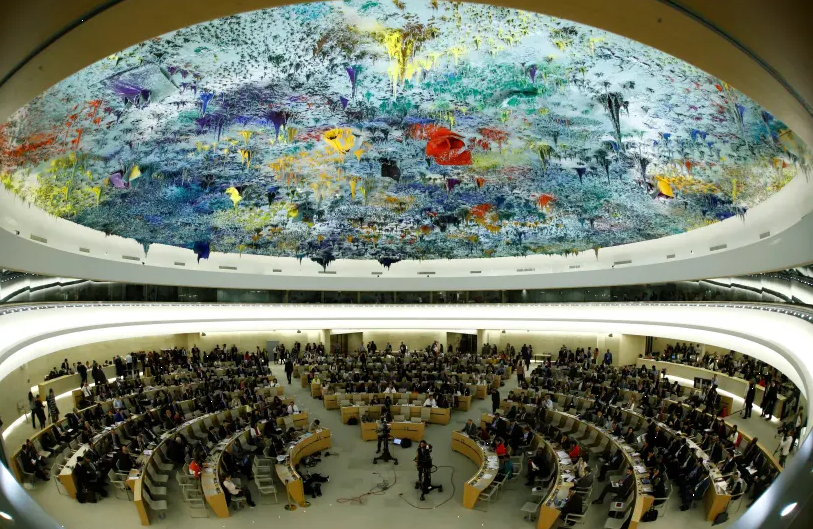Israeli Company brings the UNHRC to Court
A popular supermarket chain in Israel is bringing the United Nations Human Rights Council to court. This past week, the supermarket, Rami Levy, filed a 280,000 Shekel lawsuit against the UNHRC for what they call practices of “pure racism on the basis of nationality and religion…meant to harm good names and hurt them financially through boycotts...degrading the plaintiffs and their employees for their religion, nationality, and place of residence, and all that entails.”
The practices in question are the compilation of names of businesses that operate beyond the 1967 Israel Borders, in what are considered illegal settlements, and a boycott of those businesses. Names on this list include General Mills, Häagen-Dazs ice cream, Airbnb, Motorola Solutions, Egged, and many more, but the one thing they all have in common is that they are all Jewish owned companies. Normally, the UNHRC has immunity from such lawsuits, but the fact that every single business on the blacklist has been Jewish owned, excluding Arab-Israeli owned businesses that fall within the same parameters as these other businesses, the lawsuit claims they have violated their own charter. This is particularly frustrating for Rami Levy, which employs a large amount of Palestinian citizens in the areas it operates, and, according to the Palestinian Central Bureau of Statistics, pays them up to three times the regular salary of the average Palestinian.
In a statement about the injustice of the UNHRC’s boycott, Rami Levy’s owner said that “I believe in true coexistence...All of the workers in our market chain are employed regardless of differences in religion, race or nationality and are equally entitled and even earn three times higher wages than the average wage in the Palestinian Authority. We are happy to serve all customers regardless of religion, race and nationality, and we will continue to do so.” The boycott is furthermore seen as a means of doing harm to the communities they are claiming to help, and seeks solely to do financial and social harm to these Israeli and Jewish owned businesses. This constitutes a violation of Israel’s Defamation Law, Shurat HaDin said, and demanded that the companies receive compensation.


